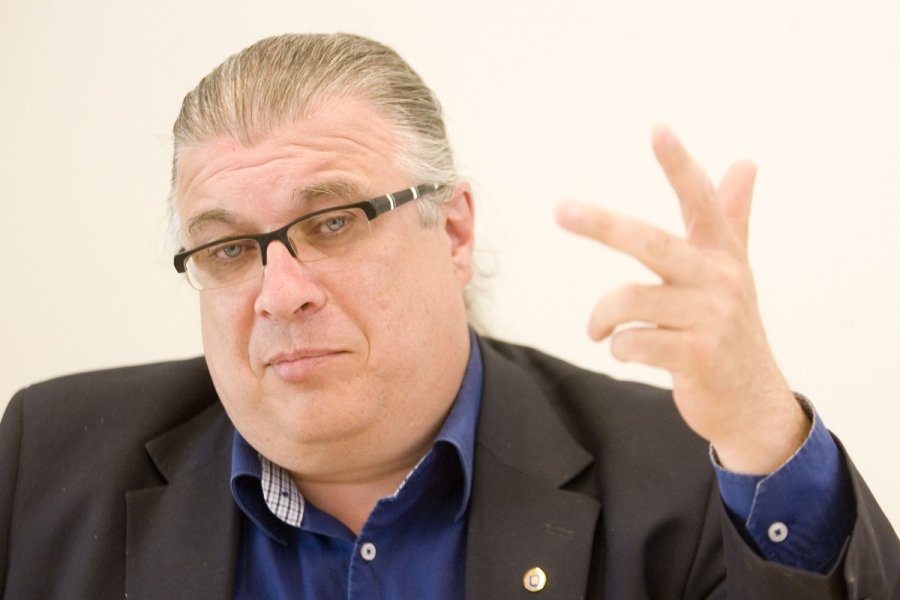- November 25, 2013
- 529
Antanas Smetona: There is a conflict between Lithuania and separatist activists of some minority groups

© DELFI (K.Čachovskio nuotr.)
The Political Council of the ruling coalition has announced that an act concerning minority groups will be submitted to the Parliament. The dean of the Faculty of Philology of the University of Vilnius, Antanas Smetona, states that such projects are unconstitutional and, in fact, unnecessary.
In an interview for Žinių Radijаs, Antanas Smetona, said that the current government, same as the previous one, passes acts which are not in compliance with the law. ‘Previous government initiated a custom of passing unconstitutional acts with which we have to deal now. It seem as if the present government carries on doing the same,’ the dean stressed.
According to the philologist, a few aspects of this matter have to be highlighted. ‘In the Lithuanian constitution it is written that the official language is Lithuanian, but the act on the Lithuanian language reads that public signs should in written in Lithuanian. Full stop.”
Smetona said that the way out from this situation is to “place street name signs on special poles and to allow private houses’ owners put on their walls whatever they like.”
‘If we meet the demands of one minority group, others will begin to demand their rights and the whole situation will get out of control,’ Smetona argues.
‘First of all, I believe there is no conflict between the state and minority groups. The conflict exists between the state of Lithuania and separatist activists of some minority groups. Secondly, if we liberate the genie from the bottle, the situation will slip out of control. There are not only Poles living in Lithuania, but also Russians, Belarusians. We also tend to forget that such problems have their beginning in the occupation. Poles had never admitted that this territory was an occupied territory before the war. It is obvious that their intentions are not sincere. They are not telling the truth. Thus, whom should we believe?’ – the philologist rhetorically asked.
Tłumaczenie by Awa Ratajczak w ramach praktyk w Europejskiej Fundacji Praw Człowieka, www.efhr.eu. Translated by Awa Ratajczak within the framework of a traineeship programme of the European Foundation of Human Rights, www.efhr.eu.

